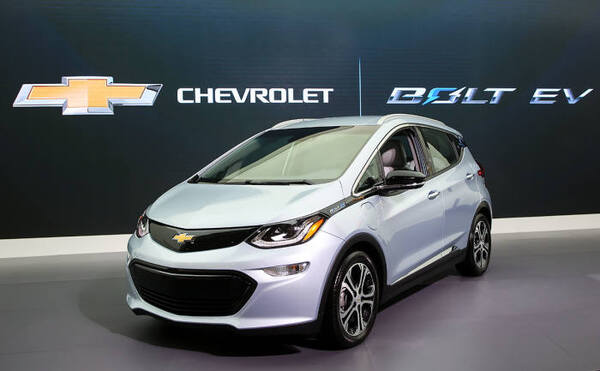
GM Bolt recall weighs on profitability of Korean electronics company
South Korea’s LG Electronics saw its third-quarter operating profit almost halve from a year ago due to costs related to GM Bolt’s recall of battery cells.
The Seoul-based company announced on Oct. 12 that its operating income amounted to 540.7 billion won ($450 million) during the July-September period, down 49.6 percent year-on-year.
The corporation’s sales stood at 18.79 trillion won ($1.6 billion), the highest quarterly figure, but the GM Bolt recall weighed on its profitability.
Together with its sister company LG Energy Solution, LG Electronics would pay around 1.4 trillion won ($1.2 billion) to replace battery packs for all the Bolt cars. LG Electronics plans to burden about 35 percent of the amount.
In August, GM expanded a recall of its Bolt to replace LG battery modules due to fire risk. LG Energy Solution made battery cells for the electric vehicle model, while LG Electronics assembled them into battery modules and packs.
“Our third-quarter sales rocketed more than 20 percent from a year before. But we had to put aside a substantial amount of money for the Bolt recall, which explains the decreased bottom line,” an LG Electronics representative said by telephone.
Observers come up with mixed opinions for the outlook of LG Electronics.
“During the third quarter, LG Electronics cruised well in the sales of home appliance. Its turnover increased in the U.S. corporate market and the European consumers market,” Kiwoom Securities analyst Kim Ji-san told Korea News Plus.
“Despite the rising prices of display panels, the profitability of its OLED TV division is expected to remain strong.”
By contrast, Hi Investment & Securities researcher Ko Eui-young was pessimistic about the future of LG Electronics.
“The costs of raw materials and logistics, as well as the rising marketing expenses, are likely to negatively affect LG Electronics’ performances,” he said.
Investors appear to be more optimistic as the company’s share price rose 3.33 percent at the Seoul bourse on Oct. 19 when the country’s benchmark KOSPI index went down 1.35 percent.

